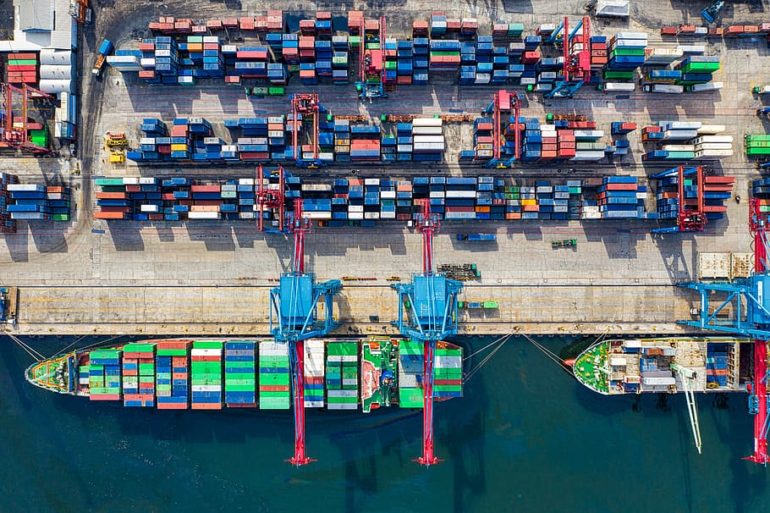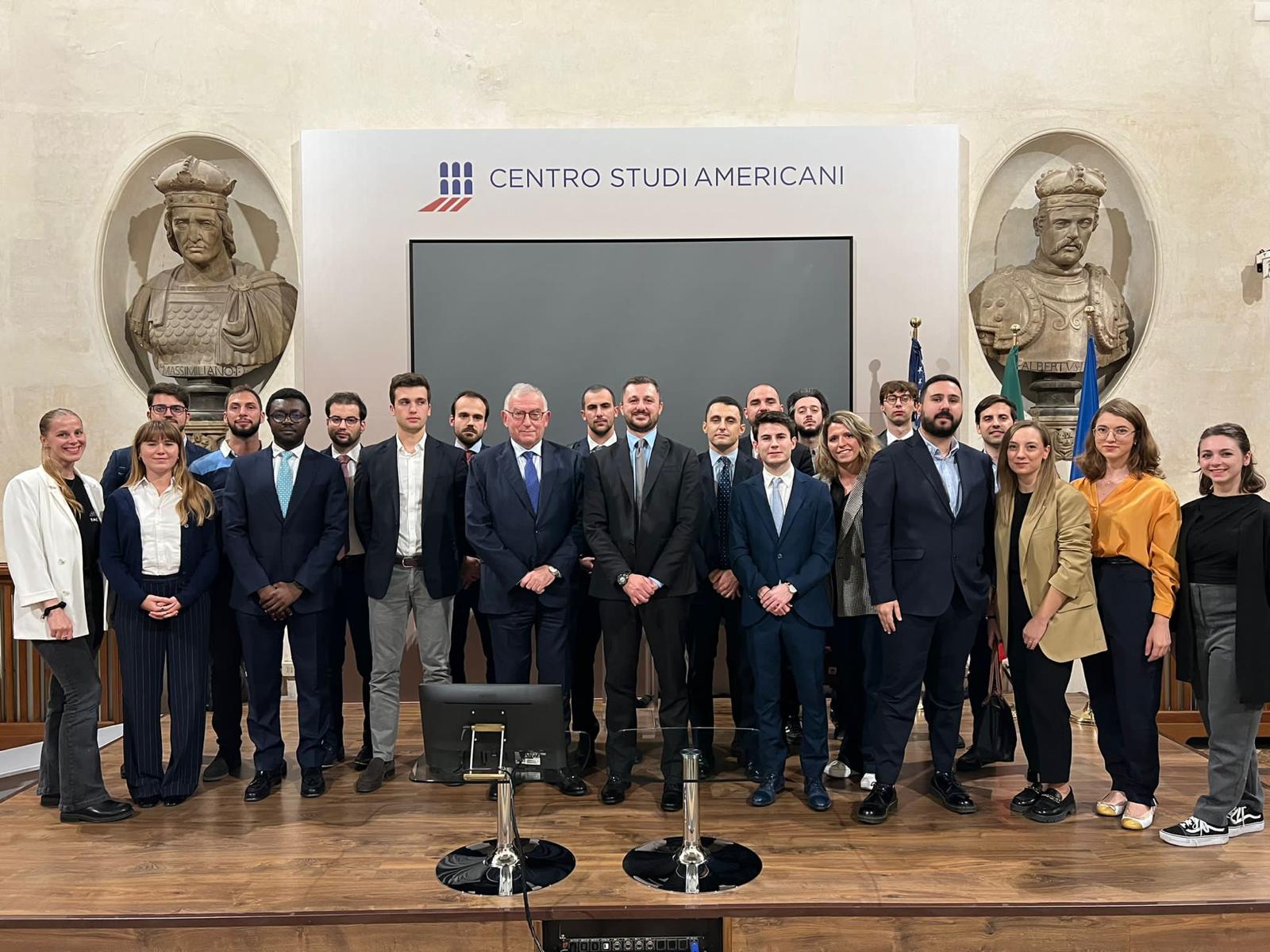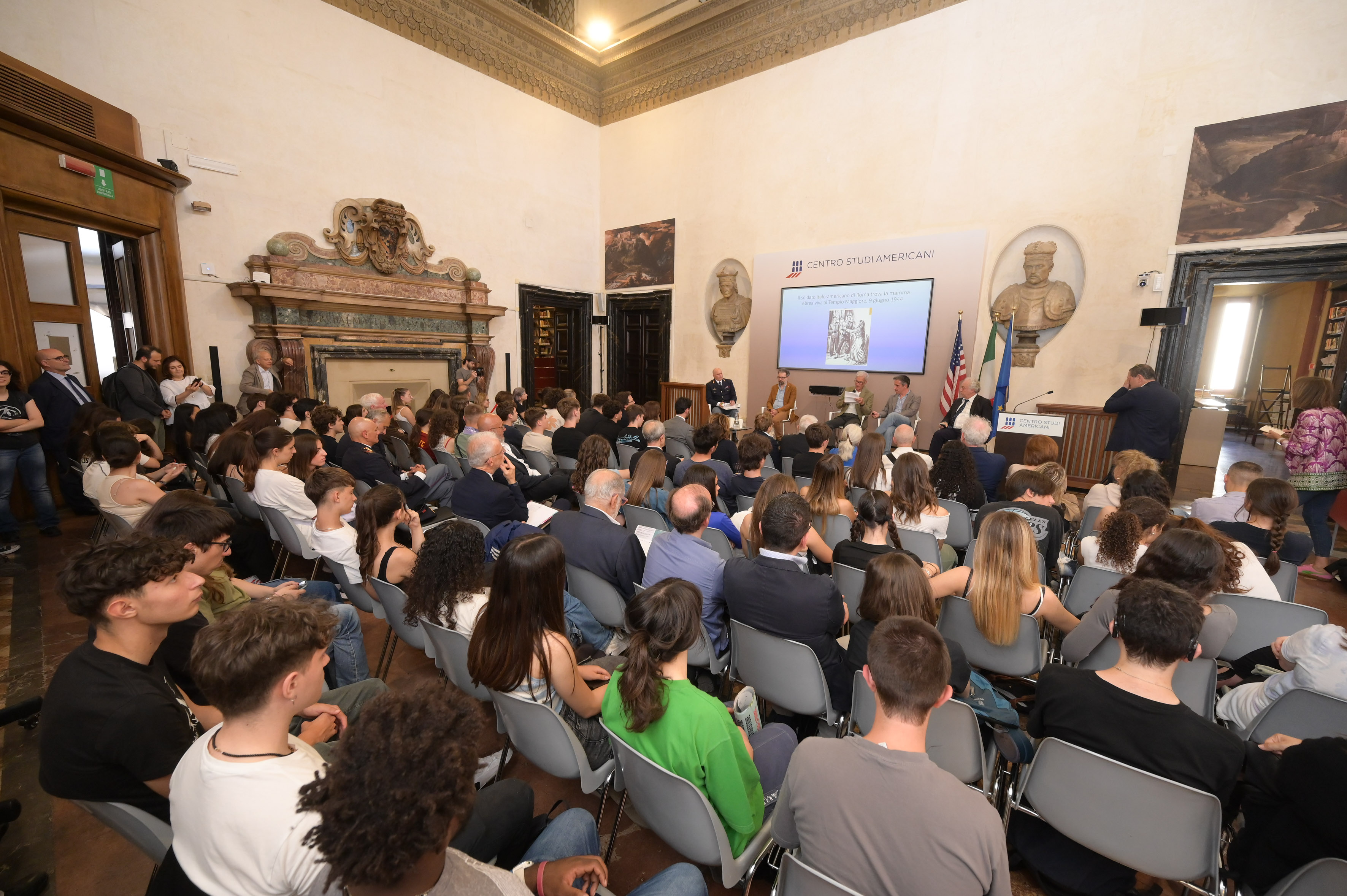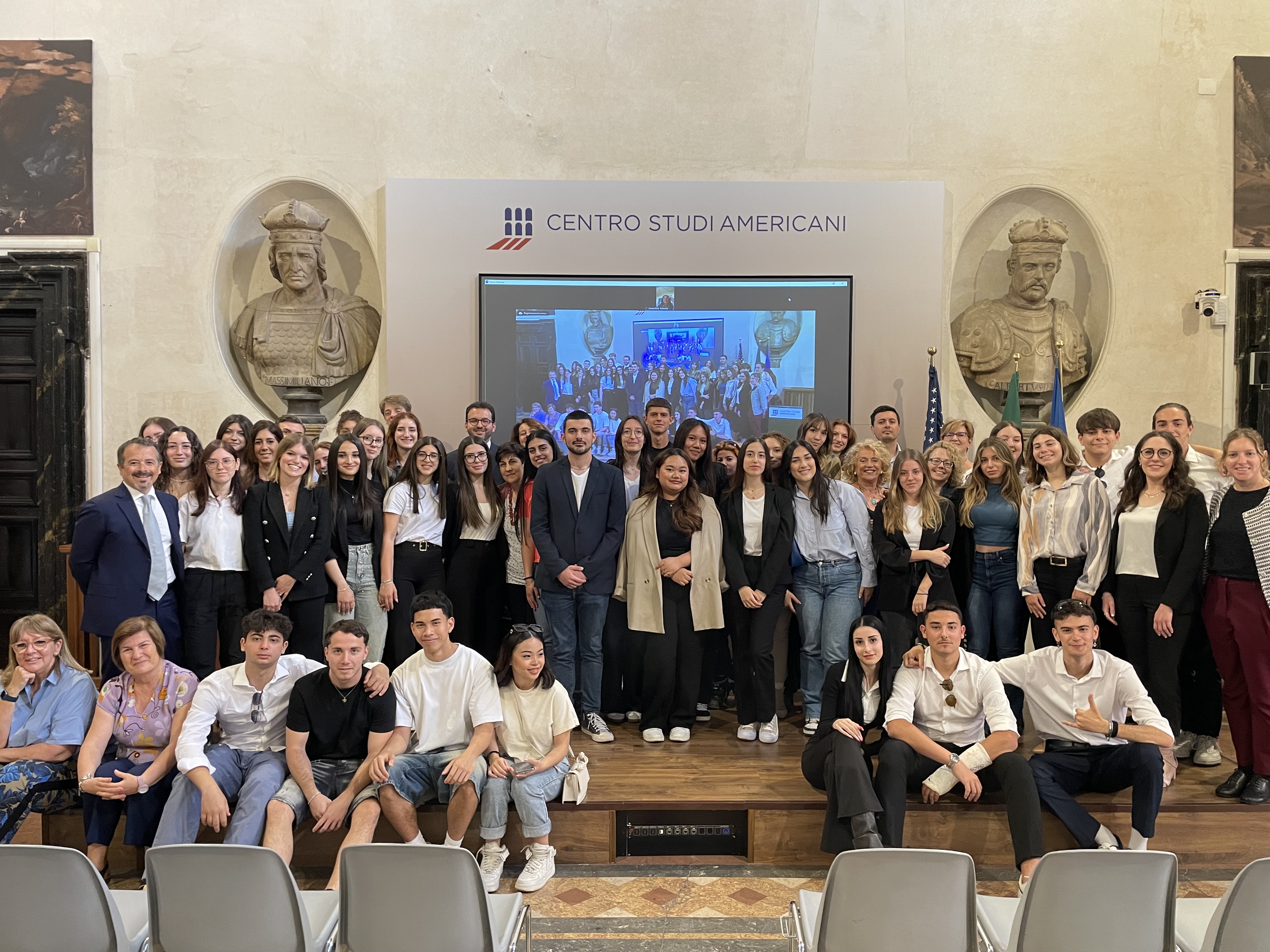Il contributo di Franco Bernabè sulla riforma del WTO
The problem of how the international trade system should evolve has been around for almost 20 years to no avail. It took 8 years of negotiations to show the world that an agreement on the terms set by the Doha round could not be reached and after the breakdown of the Doha negotiations it took as many years of discussions to reach the conclusion that the conditions for a recovery of the Doha round did not exist. Finally the US decided that the WTO needed a reform. The question was initially raised in the WTO general council in July 2017 and was formally promoted by the three main partners: the United States, the European Union and China at the ministerial conference in Buenos Aires in December 2017. The process has been however very slow because of the different positions of the three main trade blocs on the objectives they wanted to pursue. The stalemate has worsened since the end of 2019 when the United States decided to stop the appointment of the commissioners in charge of deciding on the WTO dispute resolution mechanism, decision that effectively paralyzes one of the most important aspects of the international trade system.
The three main trade blocs diverge on the issue of State aids which sees China on very different positions from that of other countries. On this issue, the position of the European Union has become particularly rigid. For the European Union, China is no longer a strategic partner but a competitor who uses state capitalism to gain industrial and technological supremacy by abusing of the open markets guaranteed by Europe. The level of attention of Europe on state aid by China was raised during the pandemic due to the risk that Chinese entities acquire European industries of great strategic importance in a moment of particular weakness. The question of state aid is particularly complex. While it is relatively simple to identify the subsidies that promote aggressive commercial practices for certain categories of goods, it is difficult to identify the tools through which the state intervenes to support particular industries. Among the various instruments available to the state in countries like China there is above all the state controlled financial system, but also research funding and public procurement used for commercial aggression purposes and not for legitimate industrial policy objectives. For this reason the European Commission wants to have the possibility of exercising control over the branches of non-EU companies to verify the granting of subsidies.
There is no doubt that these concerns, together with the consequences of the pandemic, have been an important factor behind the decision of the European Commission to stop the intra-European state aid procedures. Europe wants to deal with the crisis of entire industrial sectors caused by the consequences of the pandemic with more flexible tools. The decision meets also the increasingly insistent requests by numerous politicians from different countries to structurally review the rules on concentrations and state aid in order to encourage the emergence of global European companies able to compete with Chinese and American giants.
The United States and Europe have not been able to create a common front on the issue of negotiations with China, even if the two blocs have largely similar problems. On Trump’s impulse the United States wants to proceed with bilateral negotiations with China, probably because Trump believes he can obtain privileged conditions of access for particular categories of American goods and services. Trump has two urgent problems that he needs to address in dealing with China: the first is represented by unemployment that has dramatically increased during the recession. Contrary to the expectations of economists in the late 1990s when China’s entry into the WTO was seen as a great opportunity and job losses in low-tech sectors were justified with the prospect of their growth in more advanced sectors, the massive replacement of local production with imports from China has created enormous social problems. Many industrial areas of the country have suffered an irreversible decline resulting in a strong growth in poverty. The second is that American technology companies depend on the Chinese supply chain which, in a period of growing geopolitical tensions, represent a risk for the American leadership. Trump cannot do very much about this in the short to medium term. China has achieved a high level of technological independence in many sectors. The semiconductor issue was particularly critical. China imports about 250 bn USD of semiconductors. Locally produced chips are less than 20% of the global requirement. In the plan called Made in China 2025 launched 5 years ago, Beijng has given a strong boost to high-tech sectors with the aim of reducing dependence on low-value and high-intensity sectors to become independent in advanced technology sectors . Initially, the western industry has looked at the plan favorably for the massive increase in exports to China, but later on it got concerned about the speed with which China was becoming autonomous. One example is the recent decision by the Chinese government to finance Tsinghua Unigroup , the industrial spin off of the University of Beijing, in the construction of a huge microprocessor production plant.
In Europe, Ursula von der Leyen addressed the topic of the trade negotiations related to the reform of the WTO in the mission letter to Phil Hogan, the EU commissioner for trade. According to the Commission, Hogan has the task of restarting the WTO reform project with particular reference to the solution of the state subsidies, to the forced transfer of technologies and to the dispute resolution mechanisms. The chairwoman of the Commission also asked to include e- commerce in the WTO context, a topic that affects both relations with China and the United States.
Looking at the attitude of the three main players, it is unlikely that the WTO reform will take place. Considering that the Doha Round started 20 years ago and the negotiations stopped in 2008 at the beginning of the great financial crisis, it is clear that the liberalization of international trade is no longer a priority for governments especially in advanced countries. I therefore do not believe that the spirit that guided the first negotiations that led to the liberalization of the Uruguay Round and the creation of the WTO can return. The birth of sovereignist leadership in many countries of the world testifies a deep change in public opinion. People no longer see the benefits promised by economists in opening trade and markets. Many people are now convinced that each nation should maintain the necessary tools to protect its social contract . This idea was implicit in the multilateral agreements that had led to the creation of the GATT after the Second World War. At the time the tools were represented by the control of capital movements and by restrictions on international trade in politically sensitive sectors such as agriculture and textiles. However, this approach had been reversed since the 1980s with the spread of the neoliberal ideas which shaped the political agenda in Anglo-Saxon countries and in most of the western world. It was this ideological movement that called for the elimination of any transaction costs that limited the development of international trade and the freedom of movement of capital that led to the creation of the WTO. While the GATT was designed for goods produced by the manufacturing industry in countries that had an industrial base, the WTO extended the concept of free trade to include areas which previously were of exclusive domestic competence. In this way, however, the problem no longer concerned the competitiveness of individual industries but the competitiveness of entire social models and institutional systems. A much more delicate sphere because it concerns political preferences and ultimately the social contract of a country.
The trade negotiations of the past have underestimated the role of the difference between institutions of democratic and non-democratic regimes but also the differences within democratic regimes. Although the United States and the European Union and Japan are democratic regimes with market economies, the institutions that regulate them are very different. There is not a single model for a successful market economy. There are differences in the labor market regimes, corporate governance mechanisms, social protection systems, the approach to regulation. There is not a best practice in terms of institutions. There is no objective criterion that allows someone to choose between different alternatives to maximize a country’s preference function. It is impossible to choose whether it is better to create development opportunities or to promote equality, whether it is better to guarantee safety or to encourage innovation, whether it can be better social development or economic development. It is for this reason that the discussions on the reform of the WTO are bound to drag on for a long time without finding an acceptable solution for all participants.
Franco Bernabè










